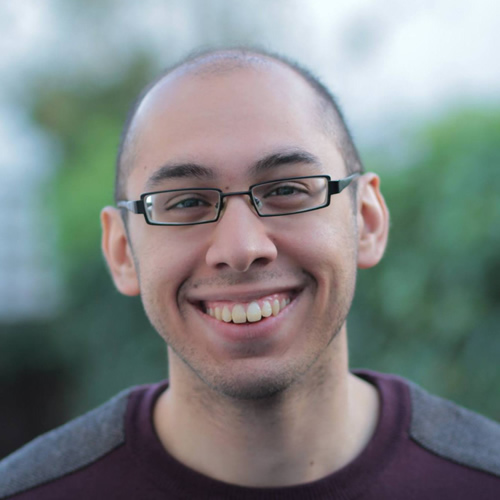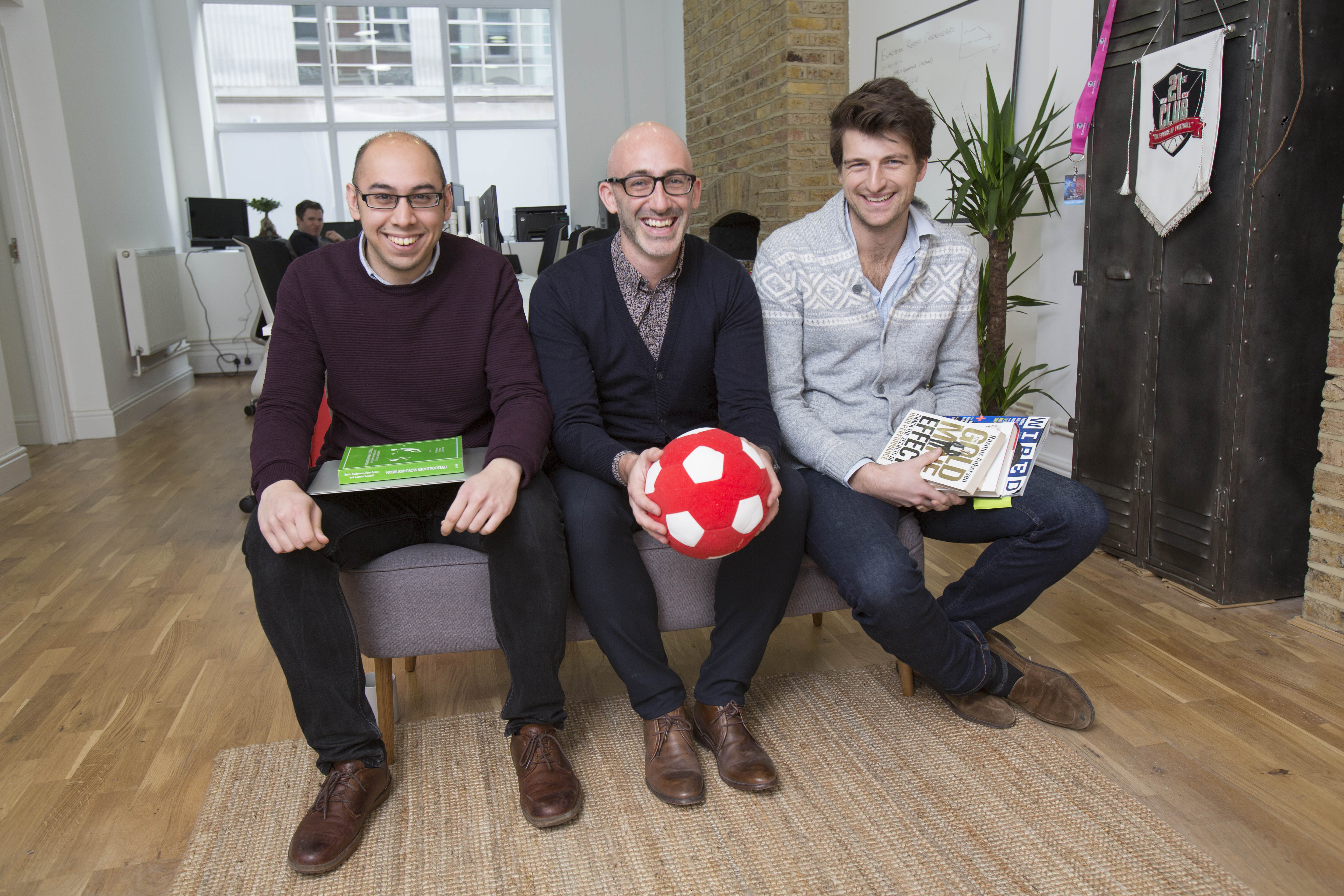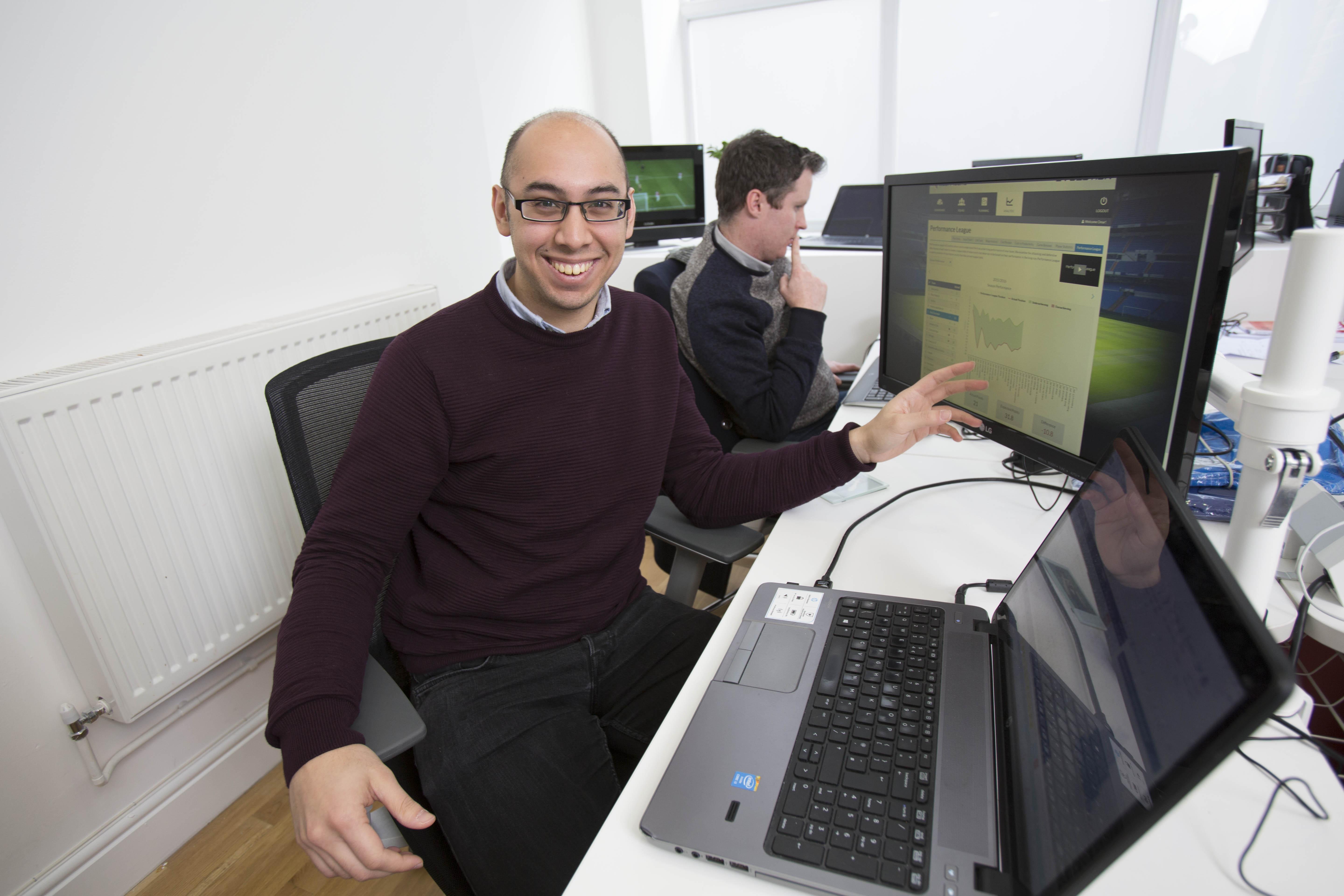Omar Chaudhuri

Name: Omar Chaudhuri
Home/EU/Overseas: Home
Course/Graduated: Bsc Economics (2012)
Current role: Head of Football Intelligence, 21st Club
Could you sum up your experience of Economics at Warwick?
In all I enjoyed the Economics course at Warwick – in particular modules around economic history, voting theory and applied economics. As you might expect, some of the more theoretical elements were drier and less memorable, but nevertheless the course on the whole provided a useful broader perspective on critical and analytical thinking. Indeed some of the things I learnt during the degree I have since come to appreciate and enjoy even more since graduation.
The people I met were bright and engaged, and there was a genuine willingness to help each other out.
How did the course and department prepare you for life beyond graduation?
Without my degree I couldn’t have done what I’ve ended up doing. In particular, the statistical and econometric techniques I learnt I am now applying in my everyday work in an industry that I love. More generally I learnt how to approach things analytically, particularly through my dissertation, where my tutor really encouraged our group to take a fresh perspective on different topics.

What have you been doing since graduation?
It’s probably useful to start before graduation – in the middle of my second year I started writing a blog with the purpose of tackling myths and clichés in football. This was best done through data – and the statistical techniques I’d learnt on the course – and the blog ended up becoming my de facto CV.
It caught the attention of Prozone, a data company that worked with football clubs around the world, and I was hired as a data scientist. There I developed metrics that could help clubs better identify and recruit players that were right for their club.
After two years at Prozone, I joined 21st Club as Head of Football Intelligence, which broadly entails the delivery of analytics to football club boardrooms.
What steps did you take to find employment?
I briefly used the Warwick Careers Service, but they were perhaps understandably unable to tell me more about the industry in which I’ve eventually ended up. In truth my blog was my primary means for employment – it directly got me meetings, work experience, internships and eventually a job.
What does your current job involve?
Helping club boardrooms identify the sustainability of current performance, predict future results and design better structures to make them more efficient in player recruitment, talent development and financial planning. All of this requires data analysis to help identify best practice; this analysis is then taken to market either through software or consultancy, both of which I am heavily involved in.

What’s the one piece of advice you would give to current students?
Don’t assume that finance is the only industry that values your skills. Find things that interest you and see how your skills could apply to that industry; it’s never been easier to make yourself known and carve yourself a niche.
